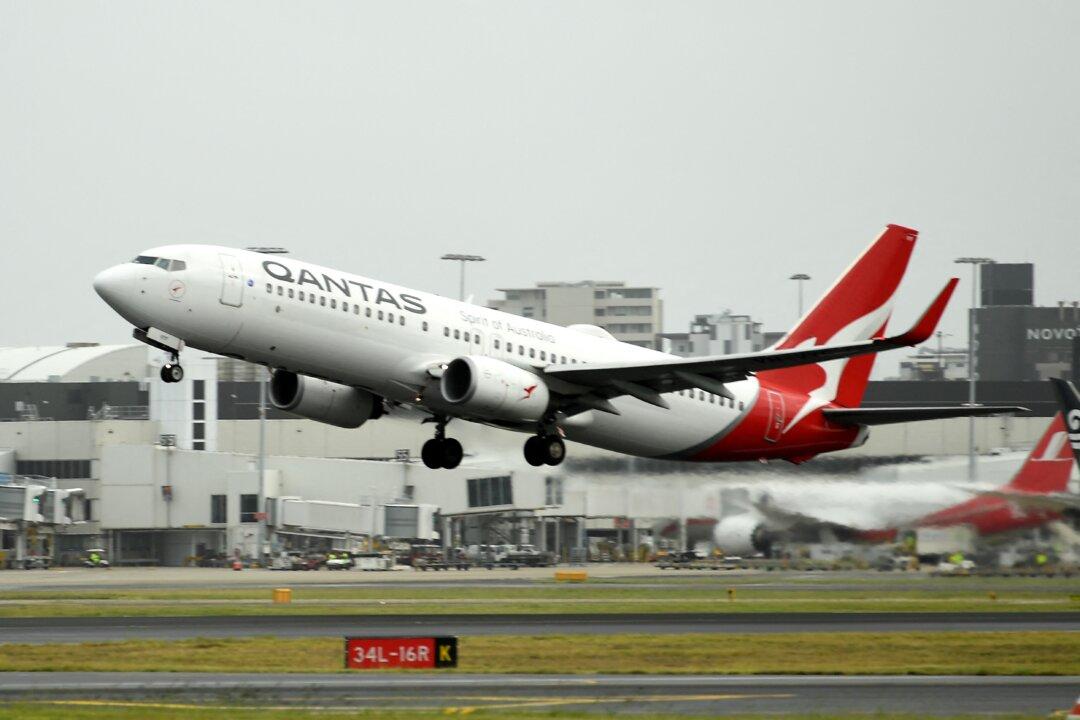Australia is swooping in for a larger share of the green aviation industry, with the Queensland Government confirming it is seeking to dominate the market and has already held talks with airlines, energy firms and suppliers to secure its position.
Queensland Deputy Premier Steven Miles revealed details of the roundtable involving Qantas, Virgin, Ampol, BP and other agencies on Wednesday, detailing the state’s ambitions to become “the national leader” in a potential $3 billion industry.





